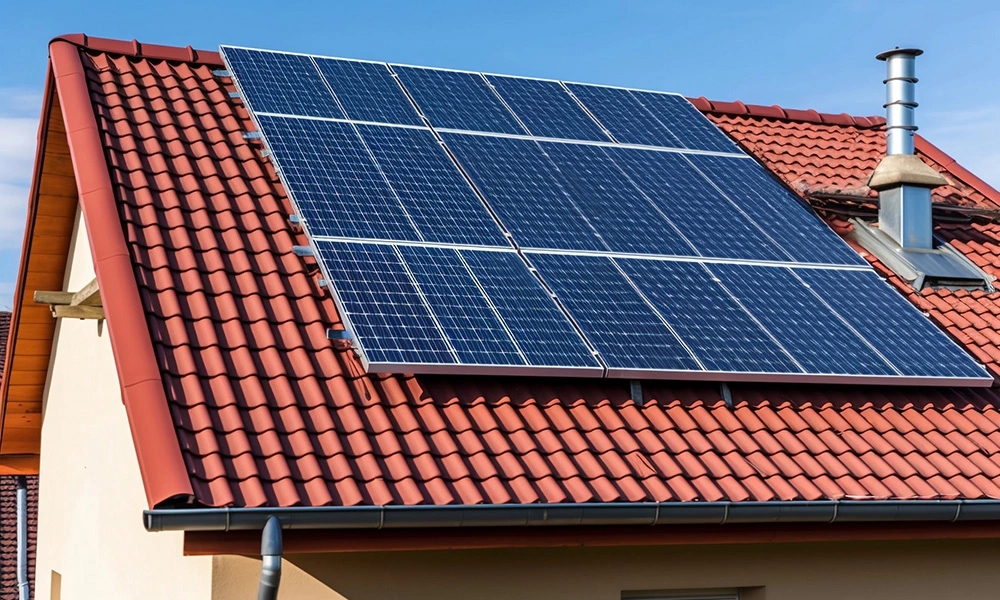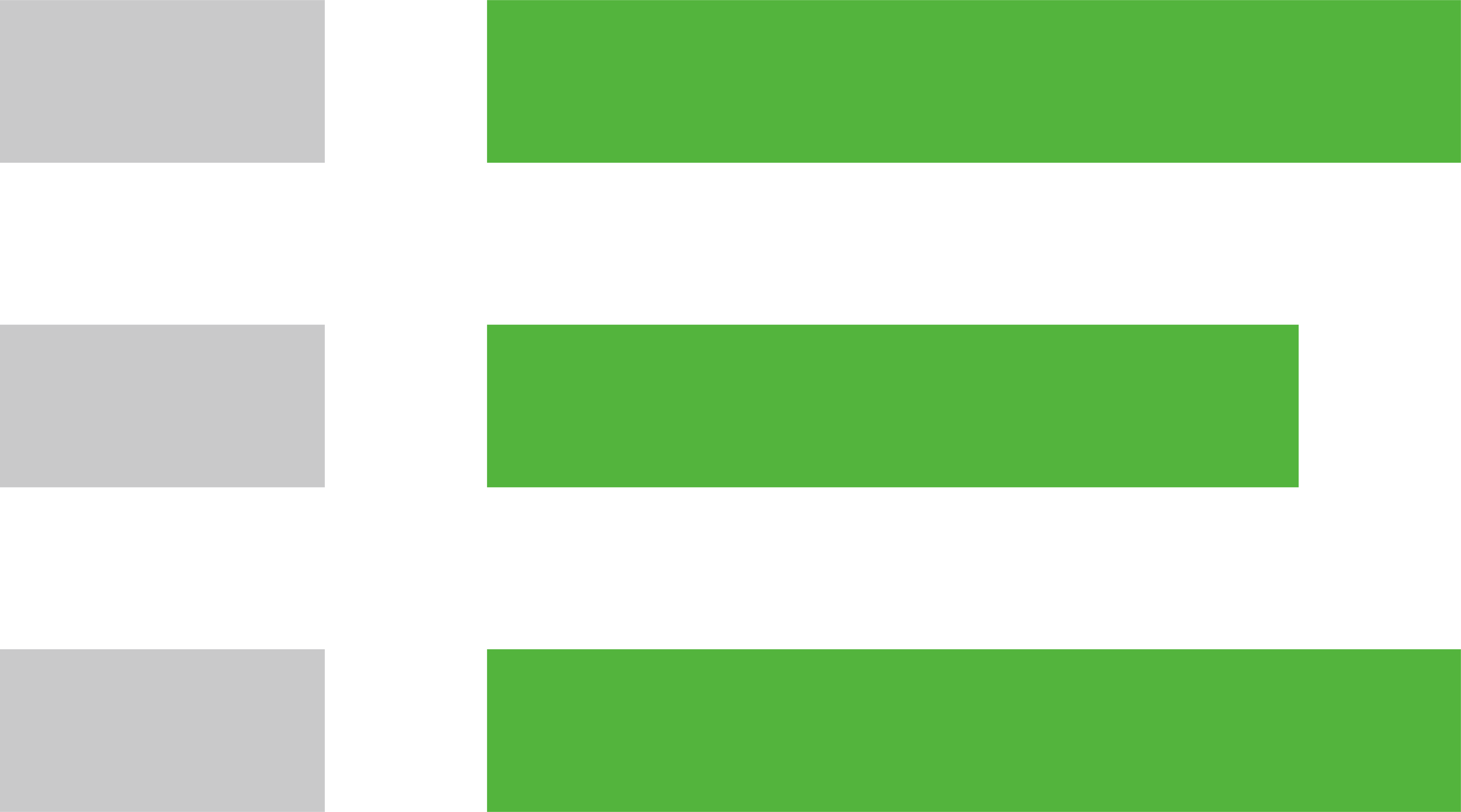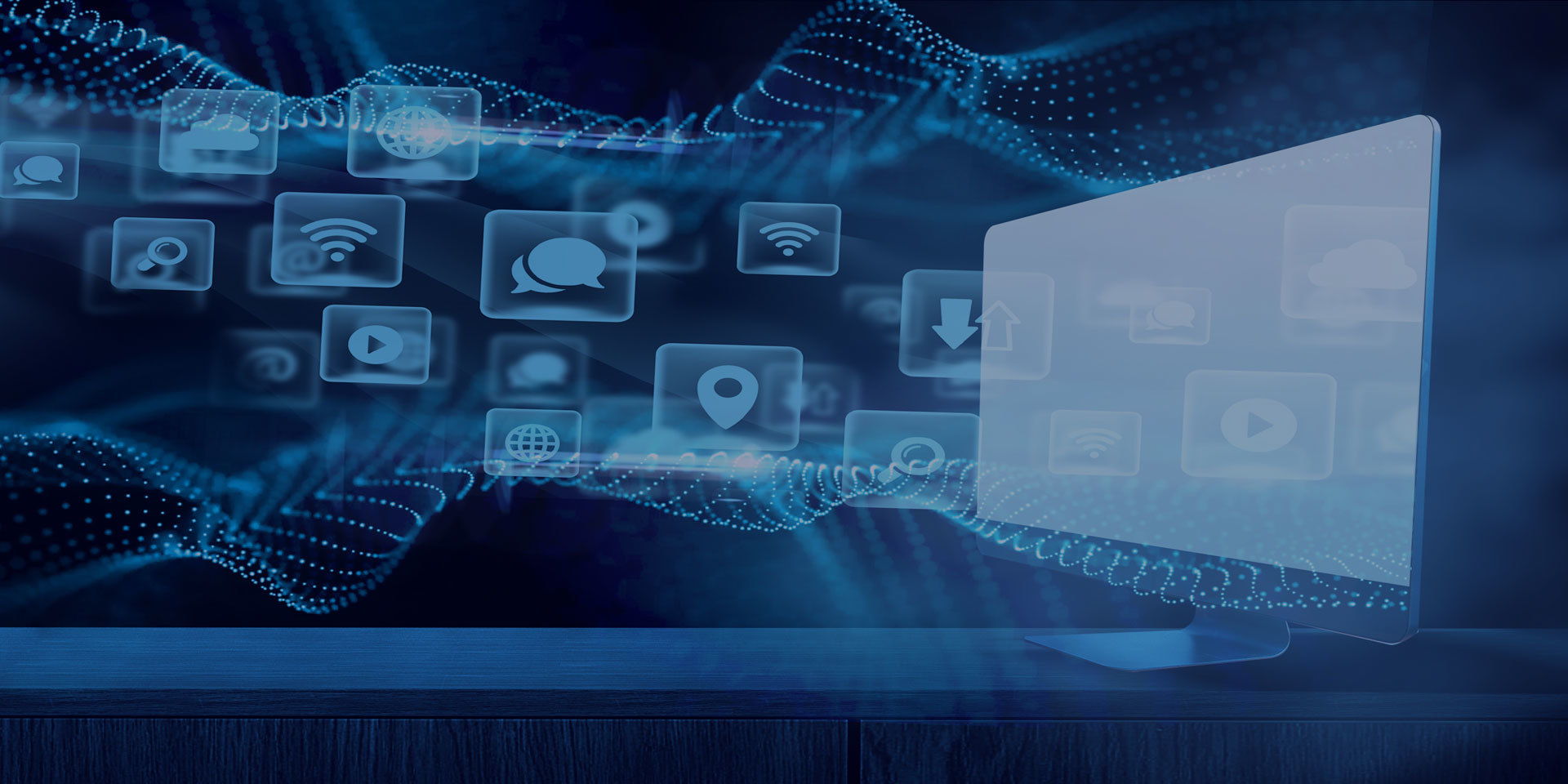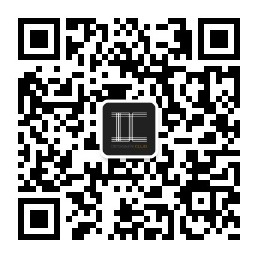- All
- Product Management
- News And Information
- Presentation
- Enterprise Branch
- FAQ
- Enterprise Video
- Enterprise Atlas
How do microinverters contribute to increasing home energy independence
Release time:
2024-05-09 00:00

Enhanced Energy Self-Sufficiency:
Microinverters enable homes to effectively convert the DC electricity produced by rooftop solar panels into usable AC power, thereby reducing dependence on external power grids.
Homes can generate electricity during the day using sunlight and store excess power in batteries for use during the night or cloudy days, further increasing energy self-sufficiency.
Optimized Energy Use:
Microinverters can individually control each solar panel, optimizing the electrical output of each panel. This optimization maintains overall system efficiency even in partial shading or when panels are partially dirty.
This fine control helps households use every available ray of sunlight more efficiently, reducing energy wastage.
Improved System Stability and Reliability:
Unlike traditional centralized inverter systems, microinverters do not suffer from a single point of failure that can affect the entire system’s operation. If one inverter or solar panel fails, the rest can continue to operate, thereby increasing the system's reliability and durability.
This independence makes the home energy system more stable, with less impact from single points of failure.
Simplified Maintenance and Expansion:
Systems using microinverters are easier to maintain and upgrade. Homeowners can add solar panels incrementally as needed, with each new panel requiring just one corresponding microinverter.
This modular scalability allows families to adjust the size of their system flexibly according to their energy needs and budget.
Economic Benefits:
By reducing the need to purchase electricity from the public grid, families can save a significant amount on electricity bills over time.
In many regions, households can also sell excess electricity back to the grid, earning financial returns and further increasing economic independence.
News












